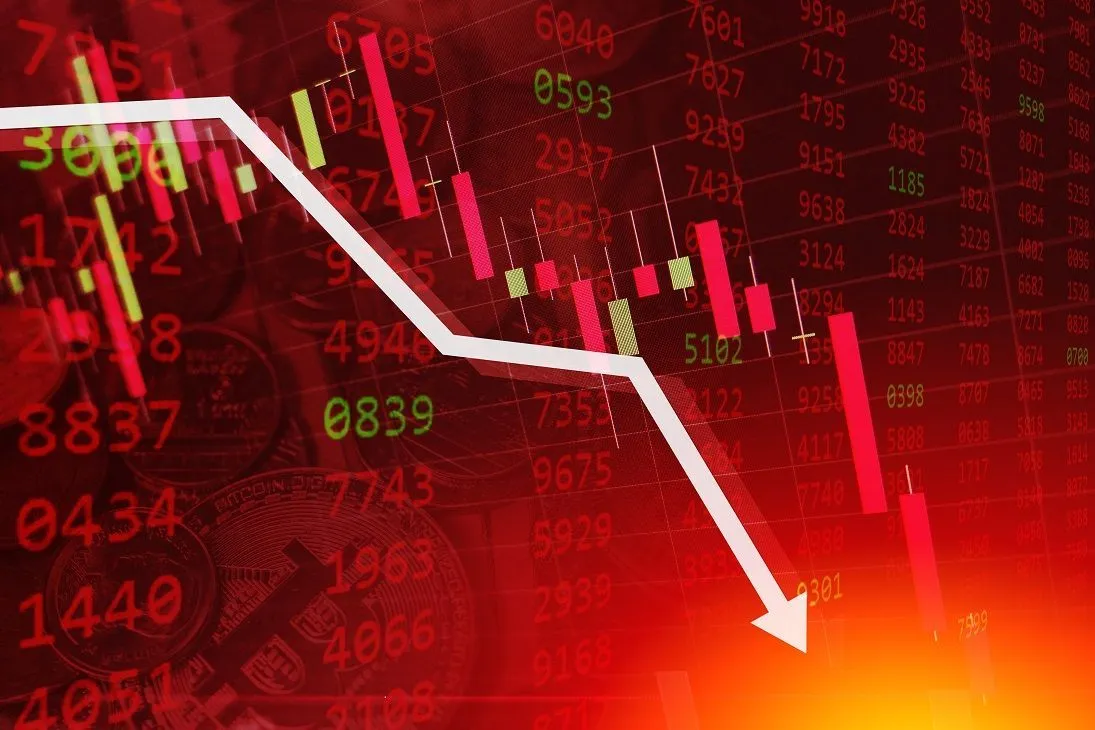Who Insures Your Investment in the Stock Market?
Investing in the stock market comes with its risks, but many investors wonder: is there any insurance to protect their investments? While traditional insurance does not cover losses due to market downturns, there are certain protections in place for investors. In this article, we will explore various ways your investments might be safeguarded.
1. Understanding Stock Market Risk
The stock market is inherently volatile, and investments can fluctuate due to economic conditions, company performance, and global events. Unlike bank deposits, which are often insured by government agencies, stocks and other securities do not come with a guarantee against loss.
2. Securities Investor Protection Corporation (SIPC) in the U.S.
The SIPC is a nonprofit organization that protects investors if their brokerage firm fails. However, it is important to note that SIPC does not protect against losses due to stock market declines.
- Covers up to $500,000 per customer, including $250,000 for cash claims.
- Protects investors if a brokerage firm goes bankrupt or engages in fraud.
- Does not cover investment losses due to market downturns or poor stock choices.
3. Federal Deposit Insurance Corporation (FDIC) and Investment Accounts
The FDIC insures deposits in banks but does not provide protection for stocks, bonds, or mutual funds. However, it does insure cash in bank accounts up to $250,000 per depositor, per insured bank.
4. Private Insurance Offered by Brokerage Firms
Some brokerage firms offer additional insurance policies that go beyond SIPC limits. These policies might provide coverage in cases of fraud or firm bankruptcy but still do not protect against market losses.
5. Regulatory Protections Against Fraud and Misconduct
While no entity can insure against market losses, regulatory bodies work to prevent fraud and misconduct:
- Securities and Exchange Commission (SEC) – Oversees financial markets and enforces regulations.
- Financial Industry Regulatory Authority (FINRA) – Ensures ethical practices in brokerage firms.
- Other global regulatory agencies – Such as the UK’s Financial Conduct Authority (FCA) and India’s Securities and Exchange Board (SEBI).
6. Mutual Fund and ETF Protections
Mutual funds and ETFs are typically held separately from brokerage firms. This means that even if a brokerage fails, your investments remain safe under custodial arrangements.
7. Risk Management Strategies for Investors
Since there is no insurance for market losses, investors should adopt smart strategies to mitigate risk:
- Diversification – Spreading investments across different sectors.
- Stop-loss orders – Automatically selling stocks at predetermined price points.
- Research and due diligence – Understanding company financials before investing.
Conclusion
While there is no direct insurance protecting against stock market losses, organizations like SIPC, regulatory bodies, and brokerage firms offer limited protections. The best way to safeguard your investments is through careful planning, diversification, and risk management.
FAQs
1. Does SIPC cover losses if the stock market crashes?
No, SIPC only protects investors if a brokerage firm fails, not against market fluctuations.
2. Can I buy private insurance for stock market losses?
Generally, no insurance policy covers investment losses, but some firms offer fraud protection.
3. How can I protect my investments from market downturns?
Diversification, stop-loss orders, and long-term strategies can help mitigate risks.
4. Are my mutual funds safe if my brokerage firm goes bankrupt?
Yes, mutual funds are held separately from brokerages and remain safe.
5. What role do government agencies play in protecting investors?
Agencies like the SEC and FINRA regulate financial markets to prevent fraud and misconduct.






